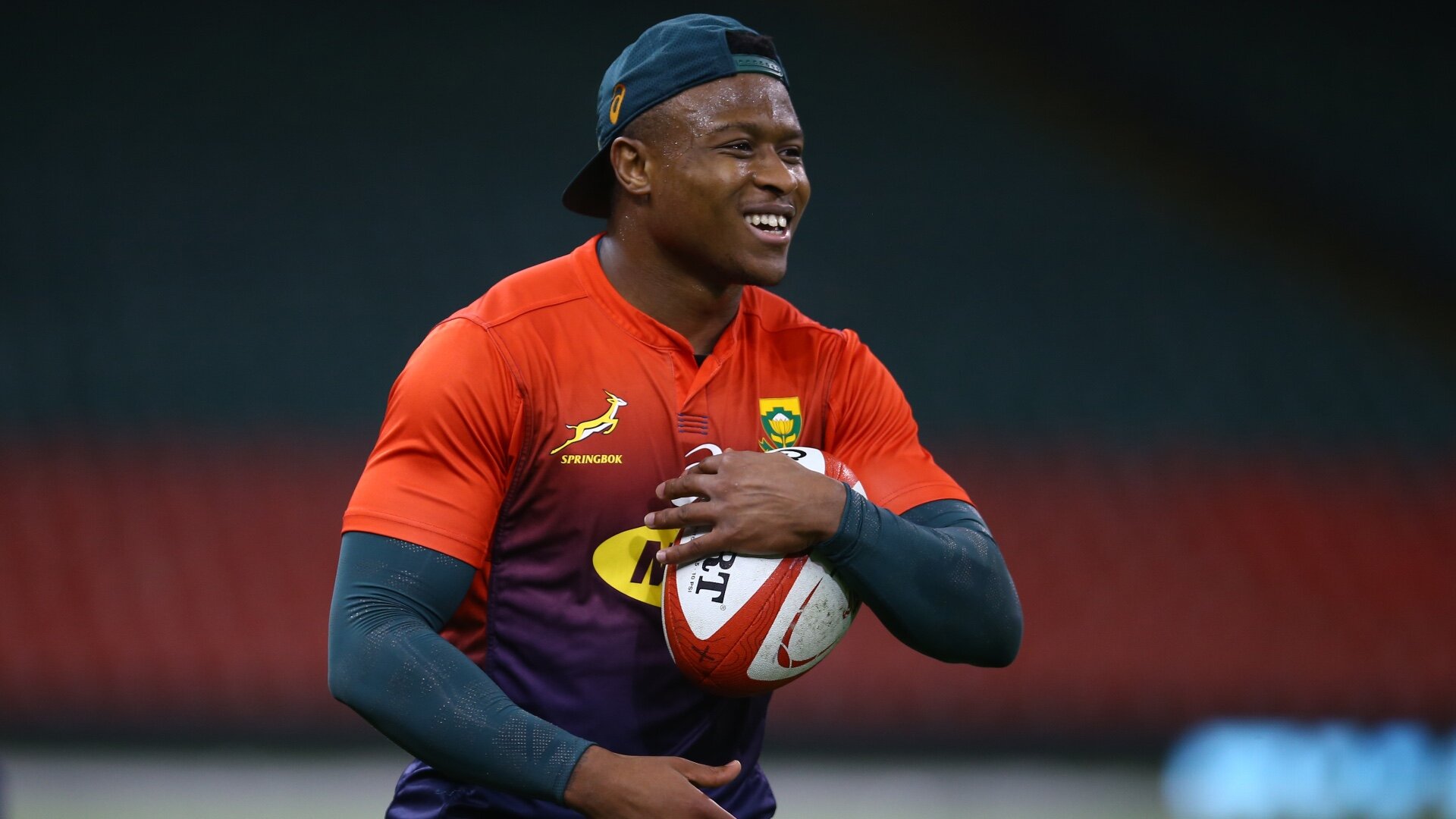'Really rash statement': Former Bok takes issue with doping culture allegations in SA rugby

Former Springbok Robbi Kempson has no time for critics trying to blemish South Africa’s recent World Cup triumph by claiming there is a doping culture at large in the game in their country.
Further grist to the mill was recently added when Marco Wentzel, a lock capped twice by the Boks in 2002. Speaking to Sport24, he alleged: “The unfortunate fact is that if we look at the last few years in terms of the number of rugby players caught doping, critics have a point.
“In recent times we have had the cases of Gerbrandt Grobler, Chiliboy Ralepelle and Aphiwe Dyantyi and way back we had the likes of Johan Ackermann. It’s an issue and I don’t think those who raise the issue are factually incorrect.”
However, Southern Kings boss Kempson, the former prop who won 37 caps between 1998 and 2003, doesn’t believe the sport in South Africa is ravaged by doping.
“If you have tangible facts it is a different story,” he told RugbyPass following his latest trip to Europe ahead of Kings’ PRO14 match at Connacht on Saturday.
(Continue reading below…)
“Certainly, the players we have (at Kings) we do random testing ourselves on a consistent basis and that is not just for steroid abuse, it’s for recreational drugs or whatever it might be.
“I think it is a really rash statement just to generalise South African rugby, specifically if you don’t really know the culture of the country and are not involved in the process of what has happened there. I can’t endorse those comments.
“It blights what I think was a fantastic (World Cup) victory for our country,” he continued. “It is something I never dwell on. I listen to the comments and just move on to be honest with you.
“It’s because I understand what we are trying to develop with our union [Kings in the Eastern Province], I played for the Stormers, I played for the Sharks and I know exactly what went on in those environments. Certainly there wasn’t abuse from my perspective that I saw or looked at players and gone ‘well, that is a bit odd’.”
Allegations of anabolic steroid use have dogged the Rainbow Nation for years and they recently reached a crescendo following the Springboks’ World Cup triumph in Japan.
'After the Whistle': this piece of great journalism by @herebutnotreall on mental health in elite athletes just won her the SA Digital Sports Writer of the Year. Congratulations, and thank you again @RobbiKempson @phumz_24 @leepersse @ladysans for sharing your stories with us pic.twitter.com/fiv1jgMrcR
— Dr Kirsten van Heerden (@kirstvanh) November 28, 2018
The ongoing speculation was something legendary ex-Ireland player Brian O’Driscoll claimed people needed to be careful with. “I don’t think you can point fingers at anyone until individuals have tested positive,” the BT Sport pundit recently told RugbyPass.
“It doesn’t matter how big players are or how fit they are or what sort of condition they are in if they did lots of testing the only way of accusing someone is if they fail the test.”
WATCH: RugbyPass Rugby Explorer travel to South Africa to explore the stunning cities of Cape Town and Porth Elizabeth and meet the rugby communities in both cities




























